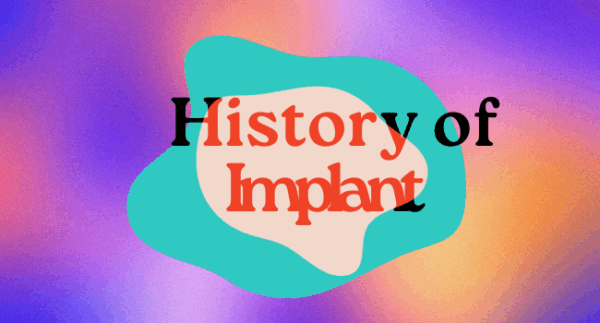Contraceptive Pearl: Hormonal Contraception After Breast Cancer
Written by Marissa Ghant MD, Mark Pearlman MD, Justine Wu MD, MPH
Annually, 1 in 6 new breast cancer (BC) diagnoses occur in reproductive-aged individuals.1 Those at risk for unplanned pregnancy should receive contraceptive counseling. Per the Society of Family Planning/Society of Gynecologic Oncology Guidelines2 non-hormonal methods should be first line methods, emergency contraception (including levonorgestrel-containing) is always safe, and shared decision making within cancer context is essential.
High-quality data regarding exogenous hormone use after BC are limited. Based on relevant studies,3,4 and biologic plausibility,5 most agree with the U.S. Medical Eligibility Criteria (US MEC) classification of hormonal contraceptive use (including progestin only) within 5 years of cancer diagnosis as Category 4 (unacceptable health risk).6
For those in remission and beyond 5 years from diagnosis, the US MEC classifies hormonal contraception Category 3 (theoretical risks usually outweigh advantages) without mention of hormone receptor (HR) status.5,6 We advise against assumptions that hormonal contraception does not elevate recurrence risk in HR negative BC. Our opinion differs slightly from SFP/SGO Guidelines, which recommend “avoiding or minimizing hormone exposure” in HR positive BC and “shared decision making” for those with HR negative BC.1 Our rationale is based upon:1) a lack of safety data about hormonal contraception use among HR negative BC survivors; 2) data from two RCTs suggesting that menopausal hormone therapy (MHT) was associated with higher recurrence risk among HR negative survivors, albeit lower than that for HR positive survivors on MHT.2,3
Some may want hormonal contraception to treat uterine bleeding or pain unresponsive to non-hormonal treatment. In these select cases, we advise person-centered counseling in collaboration with oncology. These discussions should be revisited as clinical status and priorities evolve.
Although BC recurrence risk declines over time, hormone exposure can increase this risk, especially in HR positive BC.4 Among those who completed 5 years of adjuvant hormonal therapy, the cumulative recurrence risk is 10%-41% nearly 20 years later.7 Thus, some experts advise lifelong avoidance of hormonal contraception.
All hormonal contraception should be avoided for at least five years after BC diagnosis. Afterwards, hormonal contraception use requires shared decision-making in collaboration with the oncology team.
RHAP Resources:
Your Birth Control Choices Fact Sheet
Medical Eligibility Criteria for Initiating Contraception
Download and print our resources for free from our website or visit our store to buy physical copies!
Partner Resources:
Reproductive Health Hotline (ReproHH)
A free, confidential phone service (1-844-737-7644) offering evidence-based clinical information for healthcare providers across the US who have questions related to sexual and reproductive health.
Breast Cancer and Contraception: Counseling and Supporting Patient Decision Making: The goal of this activity is that learners will have greater knowledge and confidence regarding onco-contraception, which refers to contraceptive education, counseling, and care in the context of a person’s cancer diagnosis, treatment, and personal goals of care.
Sources:
Sign up to Receive Contraceptive Pearls Monthly!
If you enjoyed this Contraceptive Pearl, sign up to have them delivered to your inbox! Contraceptive Pearls are released on the third Tuesday of every month!
Sign up to Receive Insights Monthly!
If you enjoyed this Pearl article, then check out Insights! Insights are monthly e-newsletters offering primary care clinicians evidence-based education on abortion and early pregnancy loss care (miscarriage). Read our latest Insights on our website. You can sign up to have Insights delivered to your inbox! Insights are released on the fourth Tuesday of every month!
Pharma-free: The Reproductive Health Access Project does not accept funding from pharmaceutical companies. We do not promote specific brands of medication or products. The information in the Contraceptive Pearls is unbiased, based on science alone.

